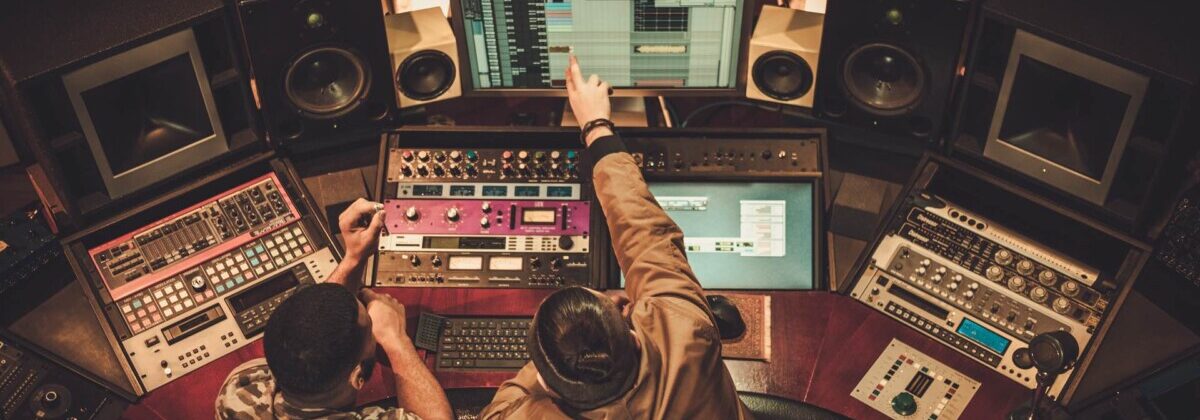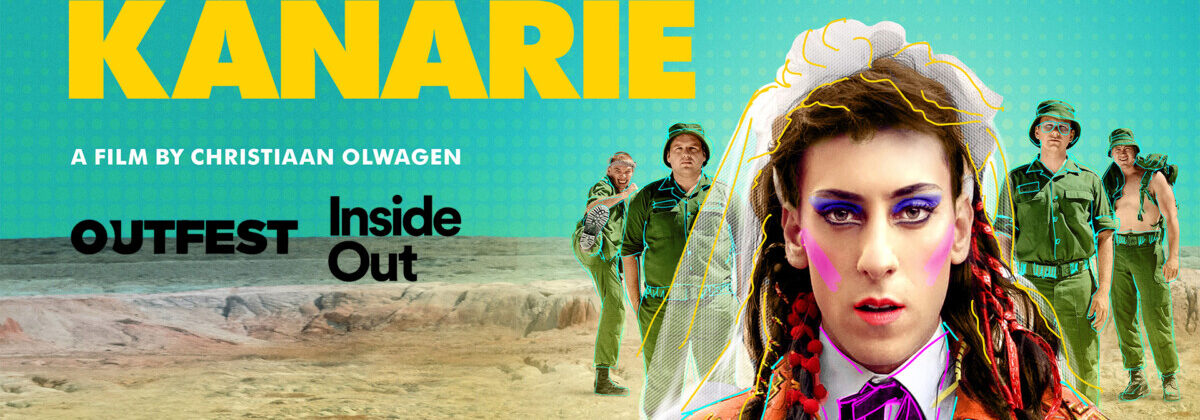1. Hi Vinny, you are an amazing Grammy Winning Mix Engineer/Sound Editor. Tell us more about yourself, your background and that Grammy win!
Hi Rebekah, thanks for having me! I started working in audio-post production about ten years ago, my first job was cutting ambiances and backgrounds for Hallmark films. After that I went on to work on a lot of commercials, mixing, and sound editing for various ad agencies. From commercials, I gravitated toward TV and eventually Film. The bulk of my work these days consists of editing and mixing for any given streaming service (mainly Netflix, HBO, Amazon, Hulu, etc), as well as mixing and supervising the sound for films in the indie world. I could be mixing 2-3 films in any given month. It was really wonderful to win a Grammy and be recognized for your work, I try to treat every production the same though, and make sure we’re always working towards the best possible sound we can achieve.
2. Why is a sound mix so important?
No one wants to listen to something that sounds terrible. Ever try to talk to someone on the phone while they’re in a noisy environment? Or you’re in a noisy environment? It’s the worst! Imagine trying to do that for an hour and a half (or the length of the film). It’s super uncomfortable and disorienting to listen to bad sound, this makes it imperative that your movie sounds good if you want people to sit through it for an extended period of time in a very dark large room.
3. Why do you think it seems to be a common problem that filmmakers experience difficulties with their film’s sound mix?
There’s the old adage that sound is the red-headed stepchild of film production, the last process that always gets forgotten or is not budgeted for. There are so many variables when it comes to making films that this is true in a sense; after the writing, casting, costumes, sets, cameras, lighting, directing, etc, sound sometimes comes in as an afterthought which can be problematic down the line.
Another common trend I see/hear a lot is that directors/editors/producers will often take it upon themselves to try and mix the sound for their own film. Many times when they do this, they often do more harm than good for the sound quality of their film. You wouldn’t ask a hairstylist to cook your steak and you wouldn’t ask a chef to style your hair (Guy Fieri MIGHT be the exception to this metaphor). If you want your film to be mixed well and sound good, hire a sound editor/mixer.
4. What are the ingredients for the perfect sound mix?
The list of ingredients changes from film to film. I would say the most common list consists of dialogue, ambiances/backgrounds, sound effects, foley, and music. These elements have to be taken care of and crafted on an individual level, and then ultimately mixed together to create the full mix. The dialogue should be cleaned up, edited, and intelligible. The ambiance and backgrounds should have a lot of detail and add an element of immersion. Great foley can make the film feel even more real, and artificially cut hard sound effects can add dynamics and new layers of drama. Toss in some music (because who doesn’t love music in a film), and mix it all together to compliment the visuals and that’s how you get a great-sounding film.
5. How can you help filmmakers get their sound mix spot on?
When I’m working with a filmmaker, I love to have a conversation about what they want the film to sound like. We talk through the film and the scenes, and we discuss how sound will play a role in each moment if it’s meant to play a role at all. Sometimes I’ll try to be involved in a film as early on as possible by gathering sound effects based on the script, talking with the director about ideas, or helping plan out the post-production timeline and workflow with the editor. After the film is shot, the picture is locked, and it’s time for the audio-post process, we may even have another conversation as direction might have shifted during the filming/editing process. It’s all about doing what needs to be done to make sure that the sound is right for the film, and the story that we’re trying to tell through this medium.




